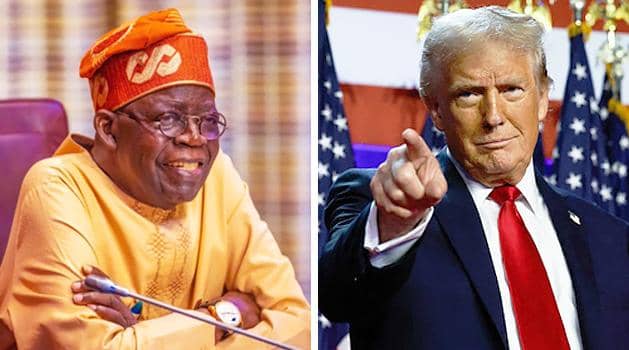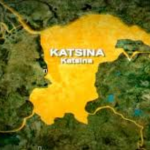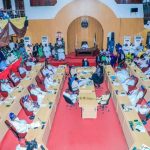The US military has submitted contingency plans for potential strikes on Nigeria, following a directive from President Donald Trump to prepare for possible action over a false claim of Christian genocide.
The New York Times reports that the US Africa Command has drawn up and sent its options to the Department of War this week upon the request of Secretary Pete Hegseth.
According to the report, published on Wednesday, the contingency plan from the African Command included three options: heavy, medium, and light. Each was designed to allow for a controlled escalation.
The New York Times reported that the military officials disclosed that the “heavy option” presented by the command is the most forceful military response the US could take against Nigeria.
It involves sending an aircraft carrier group to the Gulf of Guinea, off the Nigerian coast, and using fighter jets or long-range bombers to strike targets deep inside northern Nigeria.
For the medium option, the command suggested using drone strikes against militant camps, bases, convoys and vehicles in northern Nigeria.
US Predator and Reaper drones have a capacity to loiter for hours before striking; meanwhile, other US intelligence assets would build up targets’ patterns of life to enable precise, timely strikes, the New York Times reports.
Military officials told The New York Times that the light option would centre on partner-enabled operations, with the US military and State Department supporting Nigerian government forces to target Boko Haram and other Islamist insurgents responsible for attacks, kidnappings and killings of civilians.
The official said the primary goal of the plan is to strike Islamist militants in northern Nigeria, protect Christians from armed violence and to end the decades-long insurgency in the country.
reports that, last week, US President Donald Trump threatened military action against Nigeria and accused the President Bola Tinubu administration of allowing the mass slaughter of Christians.
Mr Trump designated Nigeria a Country of Particular Concern (CPC) and suspended arms sales and technical support for the country.
This announcements followed months of campaigns and demands by right wing US lawmakers for the country to sanction Nigeria for allowing the “persecution of Christians.”
Although the Nigerian government has denied the claims, Mr Trump insisted that US military action against Nigeria would be “fast, vicious, and sweet.”
“Christianity is facing an existential threat in Nigeria. The United States cannot stand by while such atrocities are happening there, and in numerous other Countries. We stand ready, willing, and able to save our Great Christian Population around the World,” he said.
While the US Department of War is contemplating the options presented by the Africa Command, concerns are being raised about the issues associated with implementing any of these options.
A primary concern, according to the NY Times, is that the complexity of the violence in the Sahel region is rooted in linguistic, cultural and religious divisions.
In parts of the country, such as the middle belt, the conflict stems from disputes over land use and ownership.
Meanwhile, attacks by ideologically driven Jihadist groups have targeted both Muslims and Christians.
Boko Haram, ISWAP and other groups have carried out abductions, and raided communities irrespective of religious faith.








